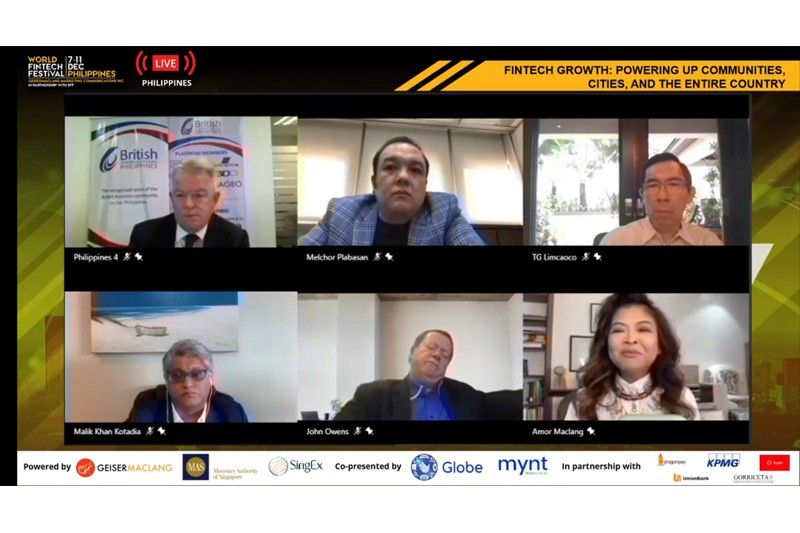GCash paves way to cashless and frictionless future in Philippines

Mobile wallet surpasses P1 trillion transaction with 1000% growth in pandemic year
MANILA, Philippines — What was once a country driven by cash payments, the Philippines is seeing an unprecedented shift to cashless transactions in a year riddled with crisis and calamities. Leading this and paving the way to a cashless and frictionless future is mobile wallet GCash.
At a recent online panel discussion Banks and FinTech: The Advantages that Mass Adoption Brings to the Public, GCash announced that it recorded a 1000% transaction growth in 2020 surpassing P1 trillion transaction value.
GCash is peaking at a P7.5 billion daily gross transaction value, and with more than 6 million transactions in a day. The mobile wallet company also grew its users to 33 million, a 65% growth versus last year.
MYNT president and CEO and Emoney Association of the Philippines Chairman Martha Sazon said that GCash’s goal for the year 2023 was achieved in 2020 amid the pandemic caused by COVID-19.
“We are used at least twice a day, every day. But now, we registered 1000% transaction growth in relevant use cases. We even hit a P1 trillion transaction value—which goes to show how much we’ve helped Filipinos. This was our vision for 2023, yet this was brought to life this year,” Sazon said.
In the same panel, Pera Hub president and CEO Ian Ocampo said the digital economy is changing the way people do business and live their everyday lives.
“What we will see is a radical shift to neo-banking. More startups will be able to bring in Fintech advancements, which will benefit the nation as a whole. What will boost this further is the collaboration with the government,” he said.
Fintech’s role amid pandemic
Recently, Technical Education and Skills Development Authority (Tesda) partnered with GCash to distribute training support fund to scholars.
Scholars under the agreement will receive a support fund of up to P160 per training day from the agency through GCash.
“GCash has been actively supporting the government in delivering much-needed support to Filipinos since the onset of the pandemic. We understand that fintech plays a key role in carrying out social assistance programs faster and safer, especially now that we are still figuring out how to transition back to normalcy,” Sazon said.
In another panel titled Fintech Growth: Powering up Communities, Cities and the Entire Country, Bangko ng Sentral ng Pilipinas (BSP) Technology Risk and Innovation Supervision Department’s Melchor Plabasan admitted that the pandemic brought disruption to the Philippine economy but it serves unexpected catalyst for going digital.
He also assured the cybersecurity of the online mobile wallets.
“While this pandemic may be brought a lot of disruption, undoubtedly it also serves as unexpected catalyst for going digital. Digital now is not anymore a matter of convenience but it fact as a matter of necessity,” Plabasan said.
“The BSP will continue for responsible innovation. When I say responsible innovation, it is allowing beneficial innovation without sacrificing or compromising consumer protection, cyber security and financial stability,” he added.
The Philippines was one of the key participating countries in the five-day Singapore Fintech Festival that aims to digitalized cities.
- Latest































